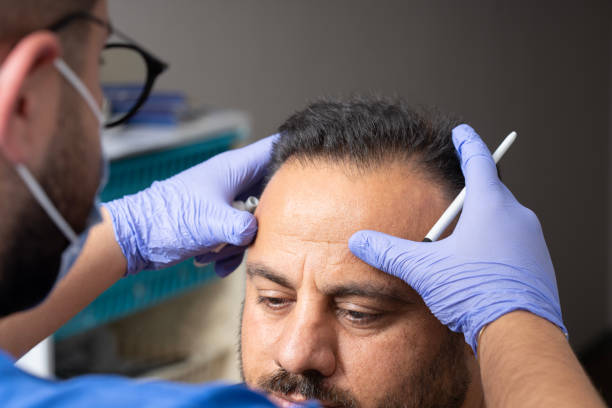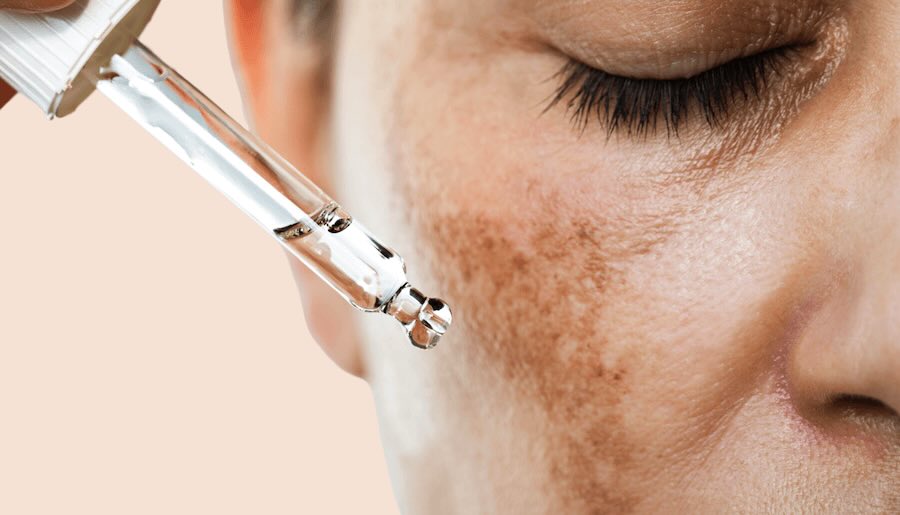Considering a hair transplant is a big decision that requires understanding both the benefits and potential downsides. Hair transplant in Riyadh, with its growing number of expert clinics and world-class services, has become a popular destination for individuals seeking a solution to hair loss. Here, we delve into the various factors to help you decide if a hair transplant is right for you, with insights from Riyadh’s leading hair transplant experts.
Understanding Hair Transplants: Techniques and Expectations
Hair transplants involve the surgical transfer of hair follicles from a donor area, typically the back of the head, to areas where hair is thinning or bald. The most common techniques include Follicular Unit Extraction (FUE) and Follicular Unit Transplantation (FUT). FUE involves extracting individual hair follicles, while FUT removes a strip of skin with hair follicles that is then dissected into individual grafts.
Each technique has unique benefits, and Riyadh’s clinics often offer both options, allowing patients to choose based on their needs and preferences. The procedure has proven effective for many people, leading to a fuller, more natural head of hair. However, managing realistic expectations is crucial. Hair transplants improve hair density but don’t necessarily restore hair thickness entirely.
Pros of Hair Transplants: A Boost in Confidence and Natural Results
One of the primary reasons individuals opt for a hair transplant is to boost their confidence. Hair loss, whether due to genetics, stress, or aging, can impact self-esteem significantly. Hair transplants provide a long-term solution that improves both appearance and personal confidence.
Riyadh’s experts emphasize that the best hair transplant procedures result in natural-looking hair that blends seamlessly with your existing hair. Skilled surgeons meticulously plan hairline placement and density, tailoring each procedure to the patient’s unique facial structure and hair type. This meticulous approach minimizes any visible signs of surgery and ensures the results look as natural as possible.
Long-Term Solution: Why a Hair Transplant May Be Worth the Investment
A well-performed hair transplant can offer lasting results, making it a valuable investment for those who have struggled with hair loss. In comparison to non-surgical treatments like topical creams or oral medications, which may provide temporary results, a hair transplant provides a permanent solution in most cases. Once transplanted, the hair typically continues to grow naturally in the new area.
Riyadh’s top surgeons often emphasize that while a hair transplant requires an initial financial investment, the long-term benefits outweigh the costs of repeated, temporary treatments. Many clinics in Riyadh also provide payment plans to make the procedure more accessible.
The Cons of Hair Transplants: Cost and Time Commitment
While hair transplants can yield excellent results, there are certain drawbacks to consider. Cost is one of the primary concerns. Hair transplants are relatively expensive, with prices in Riyadh ranging depending on the clinic, the surgeon’s experience, and the number of grafts needed. The upfront costs can be substantial, even though the results are usually long-lasting.
In addition, the process requires a significant time commitment. Each session can last several hours, and patients may require more than one session to achieve their desired look. Recovery also takes time, with full results visible only after 6 to 12 months. Patients need to be prepared for this journey and willing to commit the necessary time and patience for the best outcomes.
Surgical Risks and Potential Side Effects
As with any surgical procedure, hair transplants come with certain risks. Although the process is generally safe, especially with qualified surgeons in Riyadh, there is a small risk of infection, scarring, and other complications. Side effects like swelling, bruising, or itching around the scalp are also common but typically subside within a few days to weeks.
It’s crucial for patients to discuss these potential risks with their surgeon and weigh them against the benefits. Riyadh’s reputable clinics often prioritize patient education and transparency, helping patients fully understand the possible complications and how to minimize them.
Post-Procedure Care: Essential for Lasting Results
The success of a hair transplant doesn’t end with the surgery. Post-procedure care is essential to ensure the best possible results. Following a hair transplant, patients need to avoid certain activities, such as heavy exercise, swimming, or sun exposure, to protect the scalp during healing.
Riyadh’s experts stress the importance of following the post-care instructions provided by the clinic. Using mild shampoos, avoiding scratching the scalp, and taking prescribed medications can prevent infections and promote healthy growth. While the recovery process may seem challenging, it’s a crucial part of achieving natural-looking results.
Who is an Ideal Candidate for a Hair Transplant?
Not everyone is an ideal candidate for a hair transplant. Those with certain types of hair loss, such as diffuse thinning across the entire scalp, may not achieve satisfactory results. Instead, individuals with stable, predictable patterns of hair loss (like male-pattern baldness) are often better suited for the procedure.
The age, overall health, and hair type of a candidate also play a role. Riyadh’s clinics generally conduct thorough evaluations to determine each patient’s suitability for the procedure. Patients who are in good health, have realistic expectations, and understand the process are more likely to benefit from a hair transplant.
Alternatives to Hair Transplants: Other Solutions for Hair Loss
For those unsure about a hair transplant, alternative options are available. Non-surgical treatments such as platelet-rich plasma (PRP) therapy, laser therapy, and medications like minoxidil or finasteride can slow hair loss or improve hair density without surgery.
In Riyadh, many clinics offer a range of these treatments in addition to transplants. Consulting with a hair specialist can help patients explore these options and understand if one might be a better fit based on their hair loss pattern, lifestyle, and budget.
Riyadh’s Leading Hair Transplant Clinics: What to Look For
With an increasing number of clinics offering hair transplants in Riyadh, choosing the right clinic is essential. Factors such as the surgeon’s experience, clinic reputation, technology used, and post-care services make a significant difference in the quality of results. Riyadh’s best clinics are known for their state-of-the-art facilities, skilled staff, and commitment to patient safety.
Reading reviews, visiting clinics in person, and asking about the surgeon’s experience can provide reassurance before committing to the procedure. Riyadh’s top experts are transparent about their methods and take the time to ensure that patients feel informed and comfortable.
Weighing the Pros and Cons: Is a Hair Transplant Right for You?
Ultimately, deciding whether to undergo a hair transplant depends on personal goals, financial considerations, and willingness to undergo a lengthy process. Hair transplants can provide lasting, natural-looking results and significantly boost confidence. However, the cost, potential side effects, and recovery time are important factors that may deter some individuals.
Riyadh’s experts advise prospective patients to thoroughly research and consider their options. Consulting with a reputable clinic and having realistic expectations can make a positive difference in the experience and satisfaction with the results.
Final Thoughts
A hair transplant can be a life-changing solution for individuals facing hair loss, providing them with renewed confidence and a natural appearance. Riyadh offers numerous high-quality clinics and skilled surgeons, making it a promising destination for those considering this procedure. By weighing the pros and cons and consulting with a knowledgeable specialist, you can make an informed decision about whether a hair transplant is right for you.


